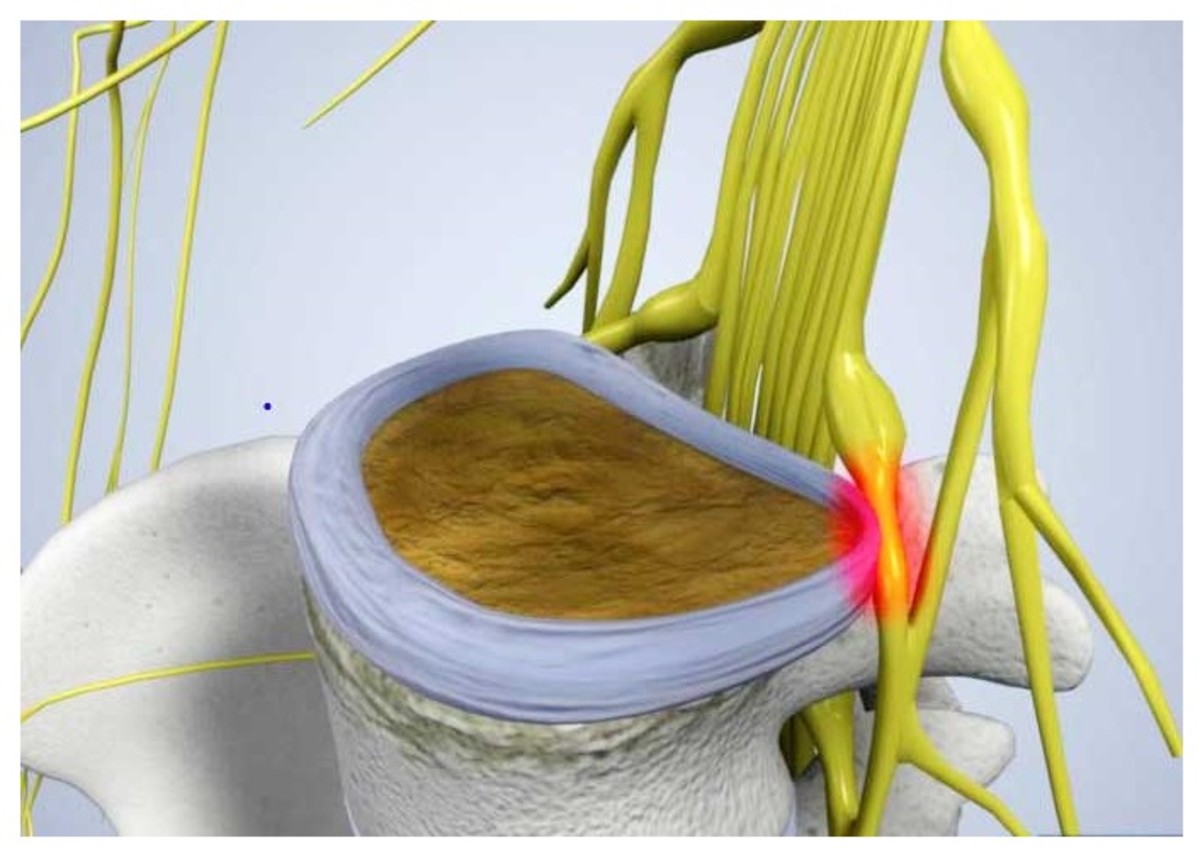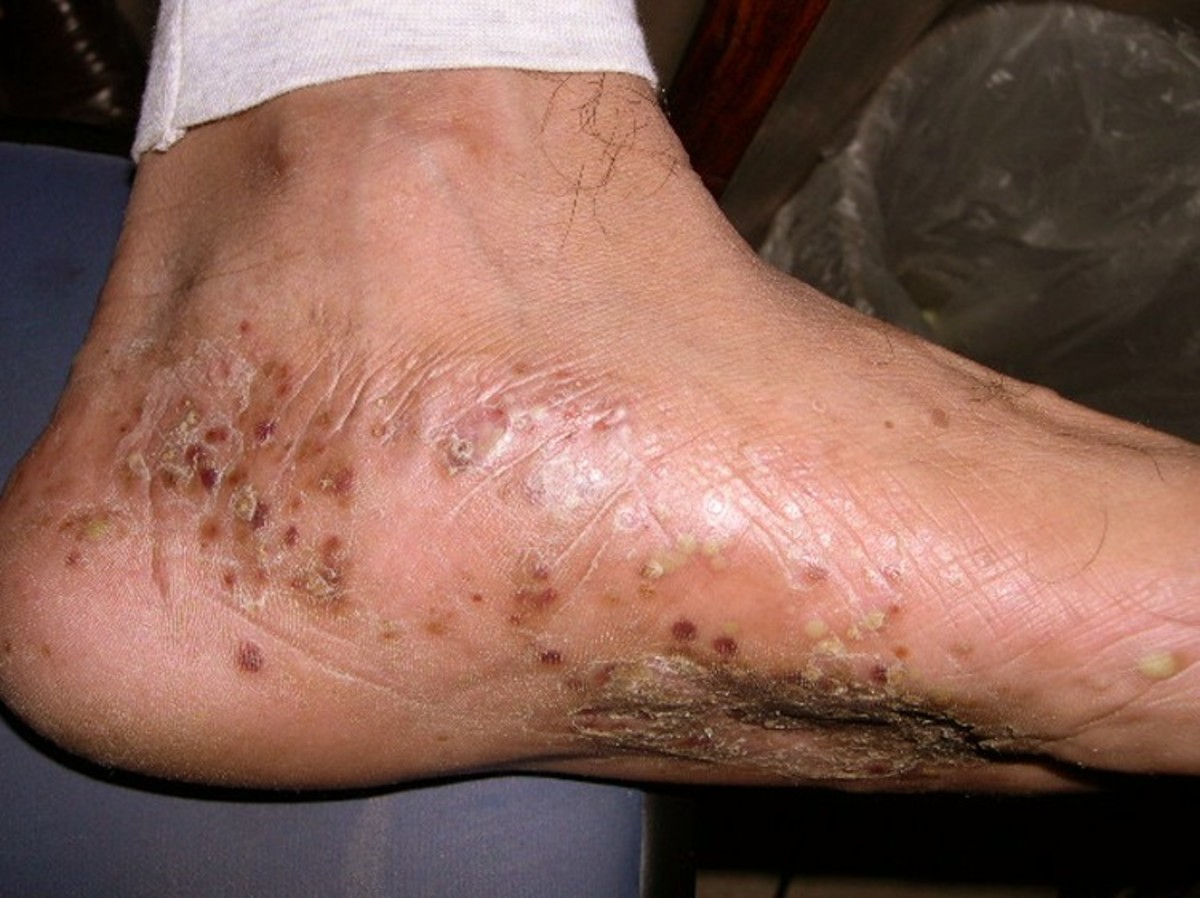Hypothermia: How to Prevent One of Winter's Dangers
You'll find answers to these questions here:
What is hypothermia?
What are the symptoms of hypothermia?
What are the causes and risk factors for hypothermia?
How do I prevent hypothermia?
What is the treatment of hypothermia?
What Is Hypothermia?
Hypothermia, as the name suggests, refers to low body temperature. It's a condition that occurs when your body is not able to make heat as fast as it is losing it. This results in a lowered core body temperature. Hypothermia is diagnosed when a person's core body temperature is at or below 95F/35C.
Infants one year old or less and people age 65+ are at an increased risk over other age groups to experience hypothermia. Infants are unable to verbalize how they feel and their young nervous systems are less able to successfully handle such temperature extremes. In those age 60+, general body metabolism is slower than in younger people, making their bodies slower to generate heat to make up for heat lost through exposure to the environment.
Mild hypothermia can also occur in elderly persons who have not been exposed to the outside environment or immersion in cold water, but rather from being in a place where temperatures are too low for them--even if those temperatures are adequate for other people. Insufficient heat in the winter and air conditioning in the summer may produce mild hypothermia in a person 60+ years old.
Hypothermia can quickly become fatal if immediate treatment is not received. Frostbite, a condition where individual body parts such as fingers, toes or ears become frozen is a localized form of exposure to the cold; hypothermia is a generalized form of exposure to the cold.

What Are the Symptoms, Effects of Hypothermia?
The symptoms of hypothermia due to exposure to the cold outdoors usually begins with shivering, the body's natural response when cold to try and create heat in the body through movement and increased circulation.
The person may become clumsy, have difficulty walking, show impaired coordination and slurred or mumbled speech.
There may be confusion, difficulty making decisions, show a lack of concern for condition, drowsiness or lack of energy. If the hypothermia continues, the person may become unconscious. Because of the decreased ability to think clearly, the person with hypothermia is not likely to recognize the condition in themselves.
The pulse will become weak and breathing will be shallow. Skin may be pale and cold.
Symptoms of mild hypothermia include confusion, loss of energy, nausea and vomiting, dizziness and lack of coordination.
Symptoms of hypothermia in an infant include skin that is bright red and cold and very low energy.
Related Hubs
- Heating & Electric Safety Tips for the Winter
Home heating and electrical safety is a little different during the winter than the summer. Check this out and review some of the dangers and precautions with the entire family. - Winter Safety Tips: Facing Winter Head-On
- This Could Save A Life: Remedies for Hypothermia
Most people may imagine hypothermia to be only a real problem for hikers lost in some remote, snowy tundra or for people who survived a shipwreck only to bob in their life vests for the rest of a cold night...
What Are the Causes and Risk Factors for Hypothermia?
You can minimize your chances of developing hypothermia if you understand its causes and risk factors.
For infants and the elderly, ensure that inside temperatures are adequate in all seasons; temperatures that seem comfortable to you may cause hypothermia in these age groups. Ensure they are dressed adequately and monitor for the symptoms of hypothermia on an ongoing basis.
Risk factors to consider that increase the chances of developing hypothermia include:
Age: Those 65+ have slower metabolisms, are more likely to have chronic medical conditions that impair circulation, may not sense the cold, and may have mobility or communication problems that prevent them from moving to a warmer area or to verbalize that they are cold.
Infants have a greater head to body ratio than do older children and adults. A great deal of the body's heat is lost through the top of the head. In children and adults, 30 percent of the body's heat is lost through the top of the head; in infants this percentage is even greater. The body's heat regulating/generating systems are not fully developed in infants.
Alcohol and Drug Use: Alcohol causes the blood vessels to dilate, causing the body to lose more heat. Impaired judgment from alcohol or recreational drug use may prevent a person from dressing adequately for weather conditions or paying attention to when they are becoming cold.
Medical Conditions: Any condition that affects circulation or the body's ability to regulate temperature such as low thyroid function, stroke, heart disease, Parkinson's disease, dehydration, burns, severe arthritis, Reynauds disease, diabetes and others.
Medications: Some sedatives and antipsychotic medications can impair the body's temperature regulation and may impair a person's judgment.
Mental Conditions: A person with dementia or Alzheimer's disease may not dress appropriately for weather conditions. If the person is prone to wandering, they may go outside dressed inadequately for the cold and wander away, making them at risk for exposure to the elements.
Causes of hypothermia include dressing inadequately for weather conditions, prolonged exposure to outside temperatures and conditions, being in wet clothes and exposed to cold temperatures or wind, falling into water from a boat, heavy exertion in cold weather, inadequate fluid or food intake and exposure to the cold or wind.

Preventing Hypothermia
Wear layers of clothing to help keep in body heat and wear wind and water resistant outer clothing when working or playing in the cold.
Wear mittens instead of gloves; this helps the fingers to better retain heat.
Avoid going outdoors when tired, after drinking alcohol or using recreational drugs. If what you want or need to do outdoors can wait until weather conditions improve, make the choice to wait.
Keep your head and ears covered to avoid heat loss.
Avoid overexertion. Your own sweat will cause clothing to become wet; the moisture leads to heat loss.
Avoid getting into water or any articles of clothing becoming wet. Go inside immediately if clothing gets wet and change into dry clothes.
Dress infants in one more layer of clothing than adults are wearing.
Limit the amount of time that children are playing outdoors in cold weather. Bring them inside at frequent intervals to warm up.
Emergency preparedness both at home and in your vehicle(s) are vital steps to ensuring the safety of you and your family members. The U.S. Centers for Disease Control and Prevention provides useful information to prepare both your home and vehicles for winter. The time to begin preparations is in the fall before winter storms are a possibility.
How to Treat Hypothermia/Low Body Temperature
What Is the Treatment for Hypothermia?
Call 911 if you suspect someone is experiencing hypothermia. This condition can be fatal if not treated appropriately.
If possible, get the person indoors and remove any wet or constricting clothing. Cover with blankets or layers of clothing. If unable to get the person indoors, put a blanket or coat between the person and the ground to prevent further heat loss. Cover their head.
If the person is conscious and able to drink, give warm sweetened non-alcoholic, non-caffeinated fluids.
Limit movements to only those that are necessary of the person with hypothermia. Do NOT massage or rub the person.
Apply warm--not hot--compresses to the person's neck, chest and groin areas.
Warm the person's body with your own body heat. Remove clothing for direct skin-to-skin contact, then cover both of you with a blanket.
Stay with the person until medical help arrives.








